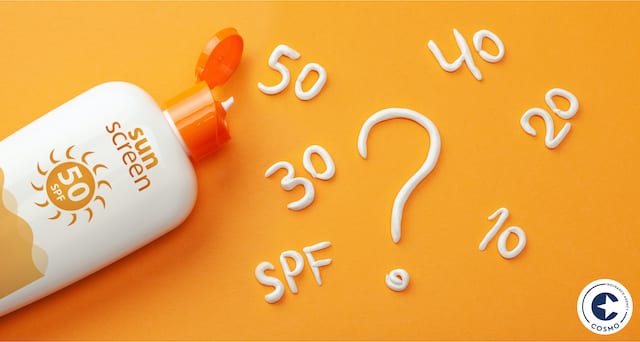According to the American Cancer Society, skin cancer is the most common of all cancer types and most are caused by too much exposure to ultraviolet (UV) rays. This doesn’t mean you have to avoid going outside, but you should take steps to protect your skin.
Staying in the shade is one of the best things you can do, but if you have to be in the sun be sure to have the protection you need – a hat, sunglasses and a shirt – and always apply sunscreen.
The importance of sunscreen
Everyone knows that applying sunscreen is important to avoid sunburn, skin damage and skin cancer. But how can you be sure you’re making the best choices when it comes to sun protection?
Here are a few things you might be surprised to know about sunscreen:
- You’re probably not putting on enough sunscreen. According to the American Academy of Dermatology, most people only apply 25-50 percent of the recommended amount of sunscreen. Be sure you are applying enough sunscreen to cover all exposed skin 15 minutes before going outdoors. Don’t overlook applying SPF to your lips as they are vulnerable to sun damage. When outdoors, reapply sunscreen approximately every two hours, or after swimming or sweating.
- Sunscreen sprays may be easier to apply but aren’t always the best option. The FDA continues to evaluate the safety and effectiveness of spray sunscreens. The challenge in using sprays is that it is difficult to know if you have used enough sunscreen to cover all sun-exposed areas of the body, which may result in inadequate coverage. When using spray sunscreen, make sure to spray an adequate amount and rub it in to ensure even coverage.
- A high SPF doesn’t mean it’s better than a low SPF. According to the American Academy of Dermatology, dermatologists recommend using sunscreen with an SPF of at least 30, which blocks 97 percent of the sun’s rays. Higher-number SPFs can block 98 to 99 percent of the sun’s rays, but no sunscreen can block 100 percent of the sun’s rays.
- Don’t use expired sunscreen. Those dates on your sunscreen matter. Sunscreens typically last about two years unopened, but if you are not sure how old it is, throw it away.
- Types of sunscreen you should use. Make sure whichever brand you choose offers protection for all types of the sun’s rays, has an SPF of 30 or higher and is water-resistant. The kind you use is a personal choice, but regardless, be sure to apply it generously to achieve the UV protection indicated on the product label.
- A year-round effort. While we tend to think about applying sunscreen in the summer months, it’s important to protect your skin whenever you go outside – regardless of the season.



